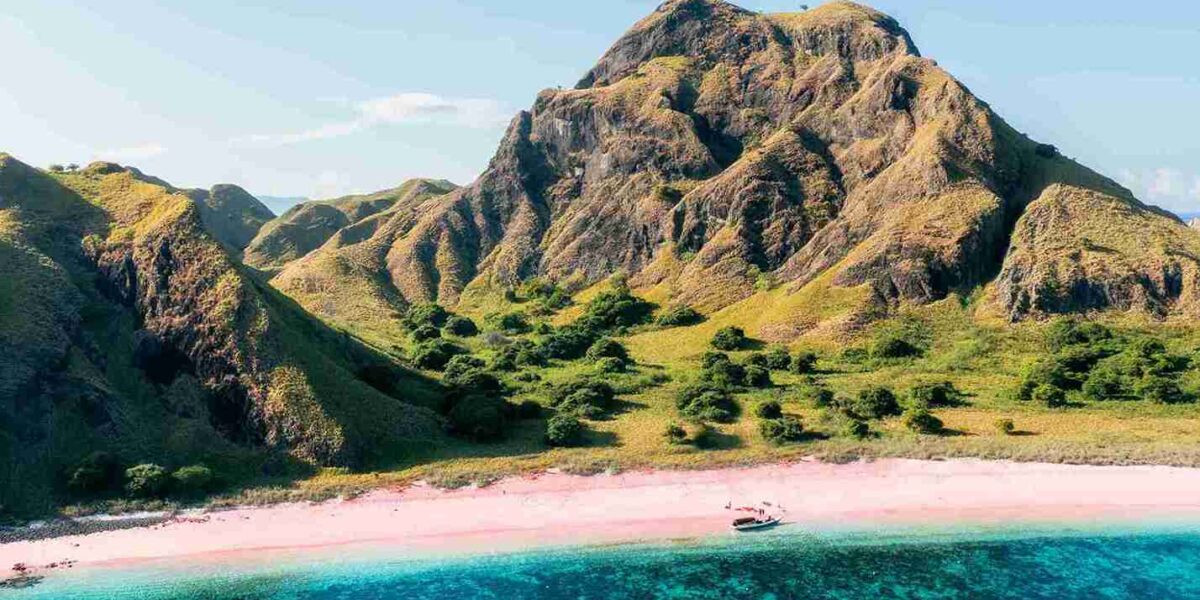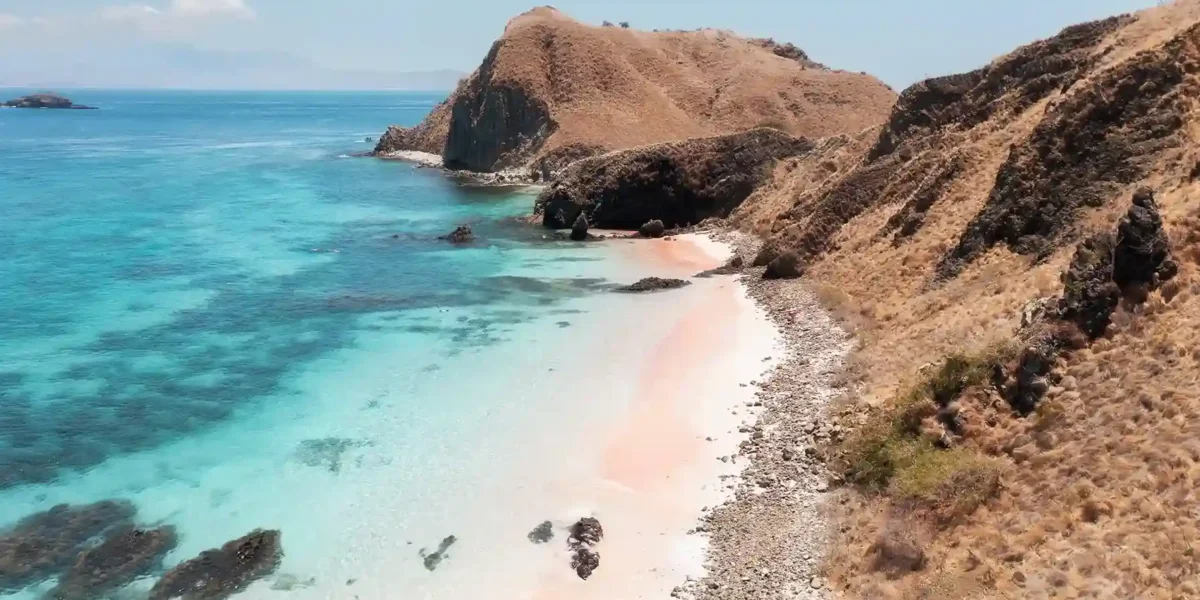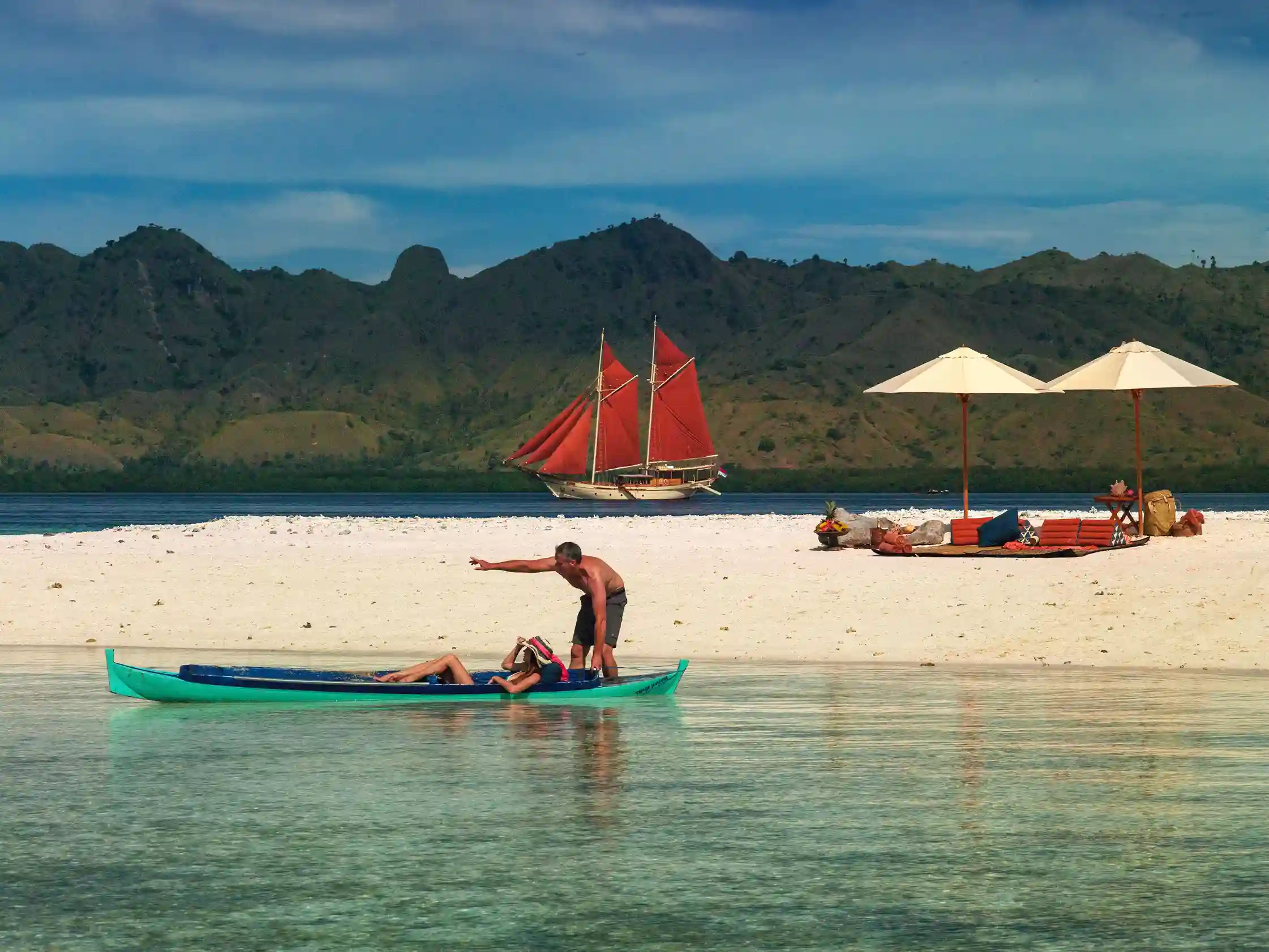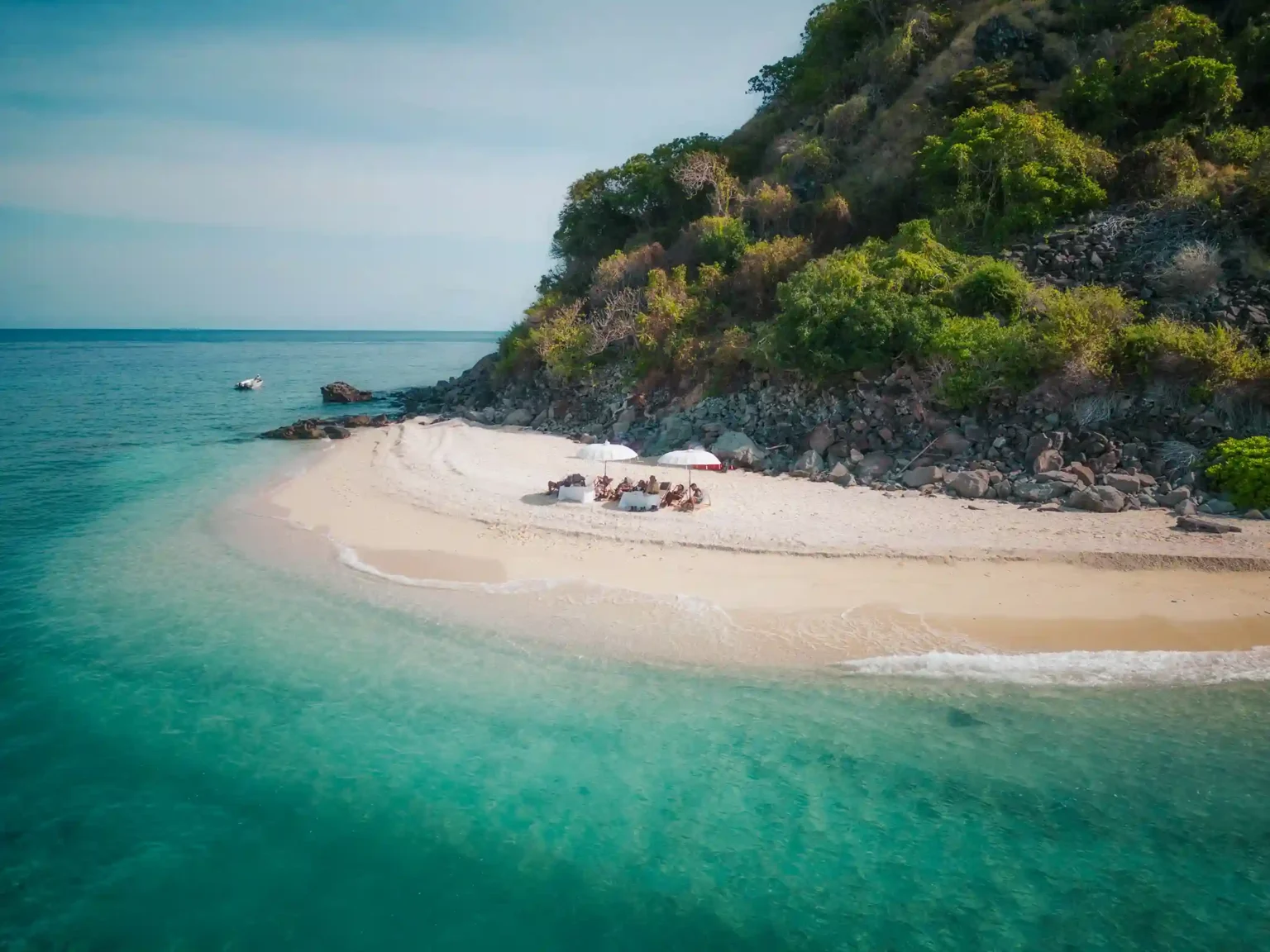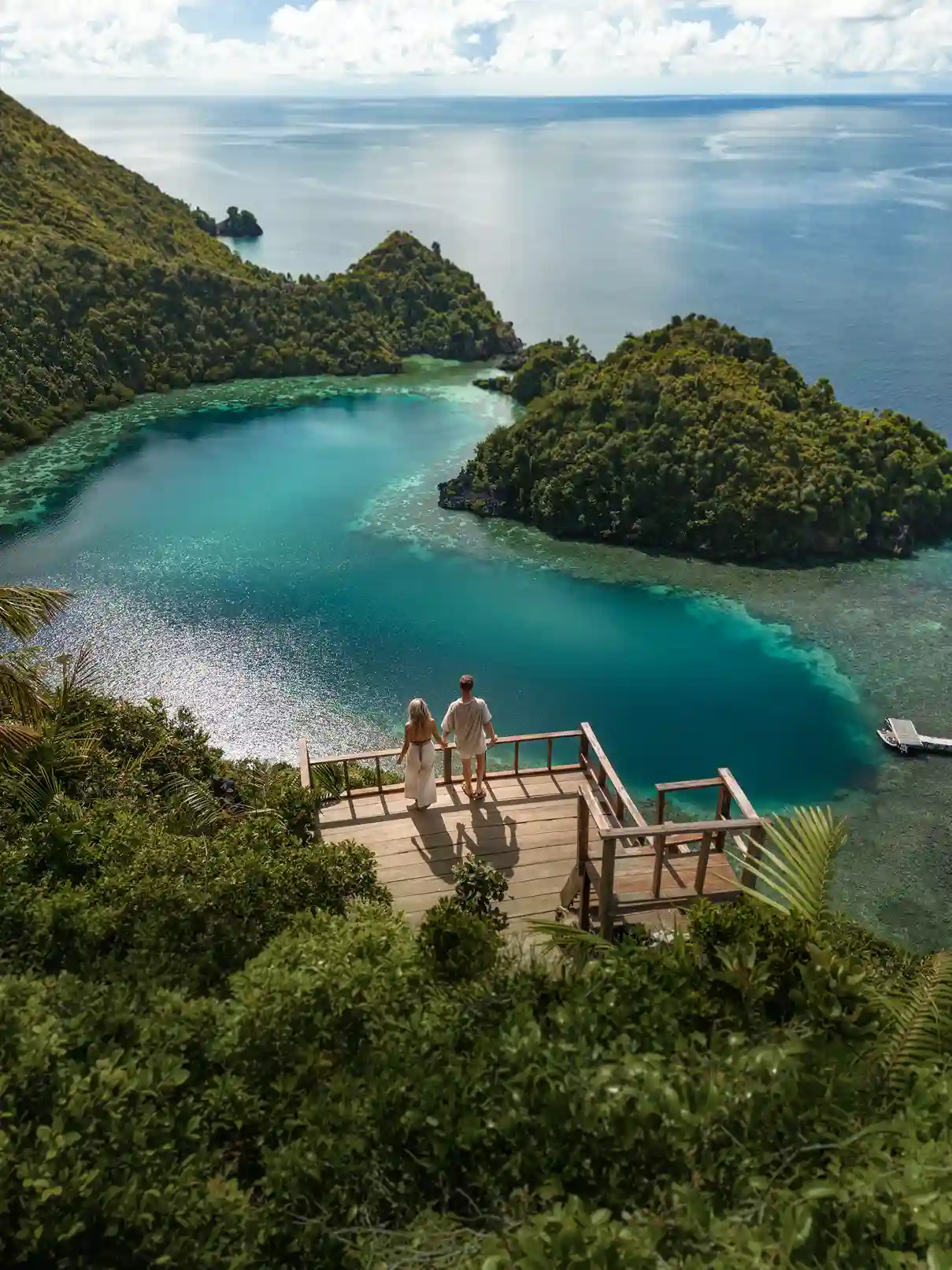When it comes to wildlife-rich archipelagos, the Ballestas Islands and the Galapagos Islands stand out as prime destinations. Both offer unique experiences, but which one should you choose for your next adventure?
This article will delve into the similarities and differences between the Ballestas Islands and the Galapagos Islands, helping you make an informed decision.
We’ll compare these destinations across several key aspects: wildlife, activities, accessibility and travel, conservation efforts, best time to visit, visitor experience, historical and cultural significance, comparative costs, and environmental impact.
By the end, you’ll have a clear understanding of which destination suits your preferences and travel style.
Overview of the Ballestas Islands
The Ballestas Islands, often referred to as the “Poor Man’s Galapagos,” are located off the coast of Peru. These islands are renowned for their rich marine life and bird populations, making them a popular day-trip destination from the nearby town of Paracas.
Overview of the Galapagos Islands
The Galapagos Islands, situated about 1,000 km off the coast of Ecuador, are famous worldwide for their unique wildlife and their role in Charles Darwin’s theory of evolution. The archipelago consists of 13 major islands and several smaller islets, each hosting diverse ecosystems.
Wildlife
Both the Ballestas Islands and the Galapagos Islands are celebrated for their incredible wildlife.
However, each archipelago offers distinct species and experiences for nature lovers. Let’s explore what you can expect from the wildlife at each destination.
Ballestas Islands
The Ballestas Islands are home to a variety of marine mammals and birds.
Visitors can expect to see:
Sea Lions: These playful creatures are a highlight of any trip.
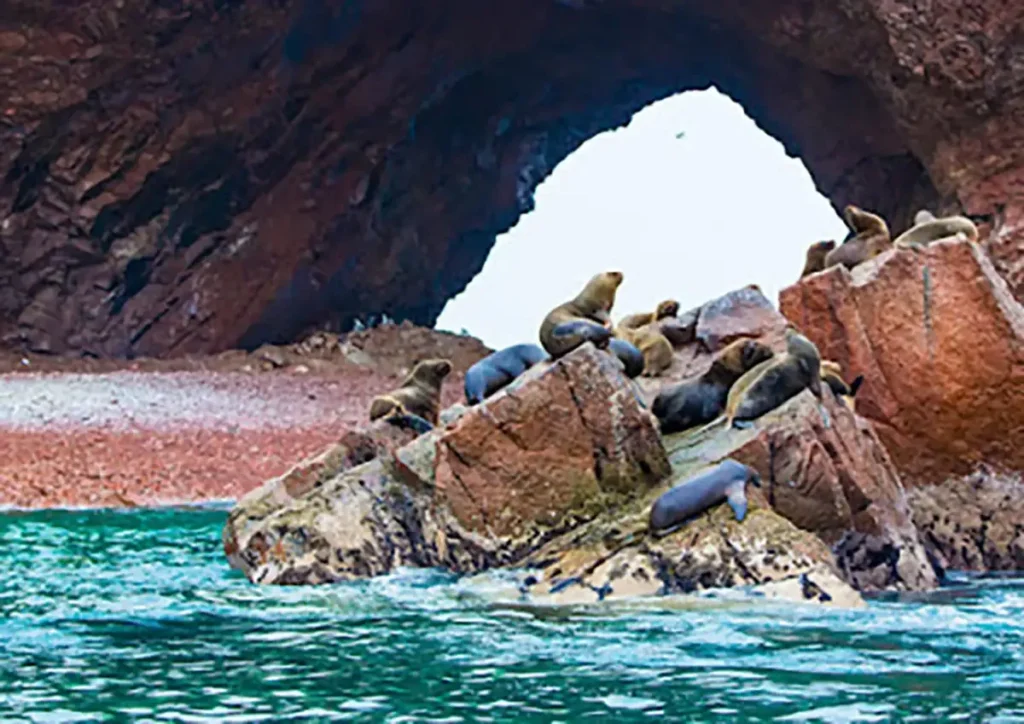
Humboldt Penguins: One of the few penguin species living north of the equator.

Seabirds: Including the Peruvian pelican, Inca tern, and guanay cormorant.
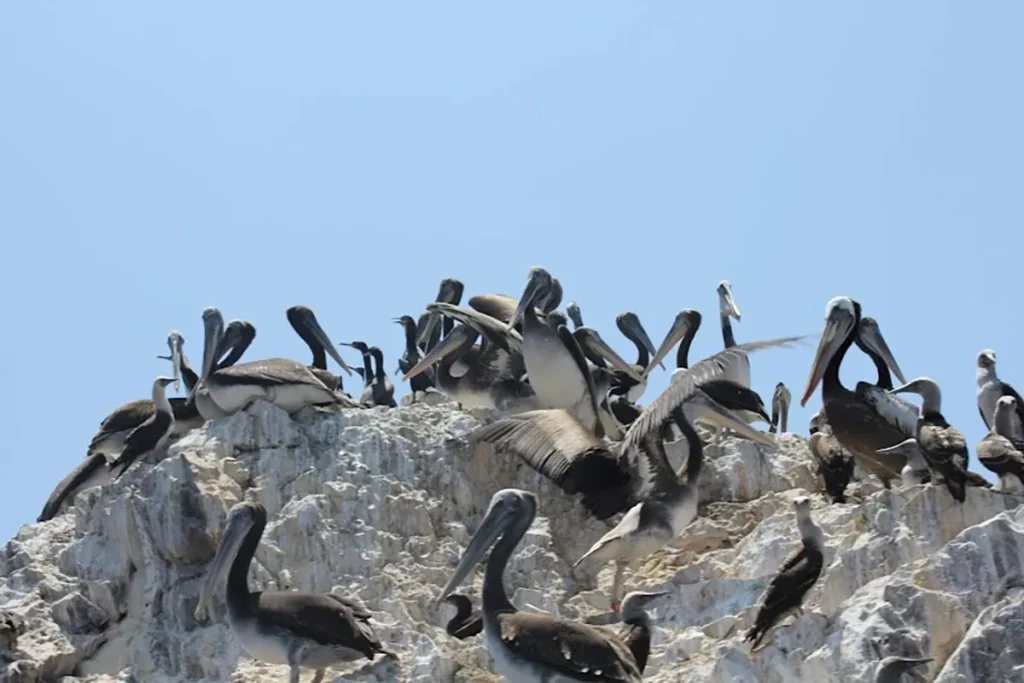
Dolphins: Often seen swimming alongside boats.
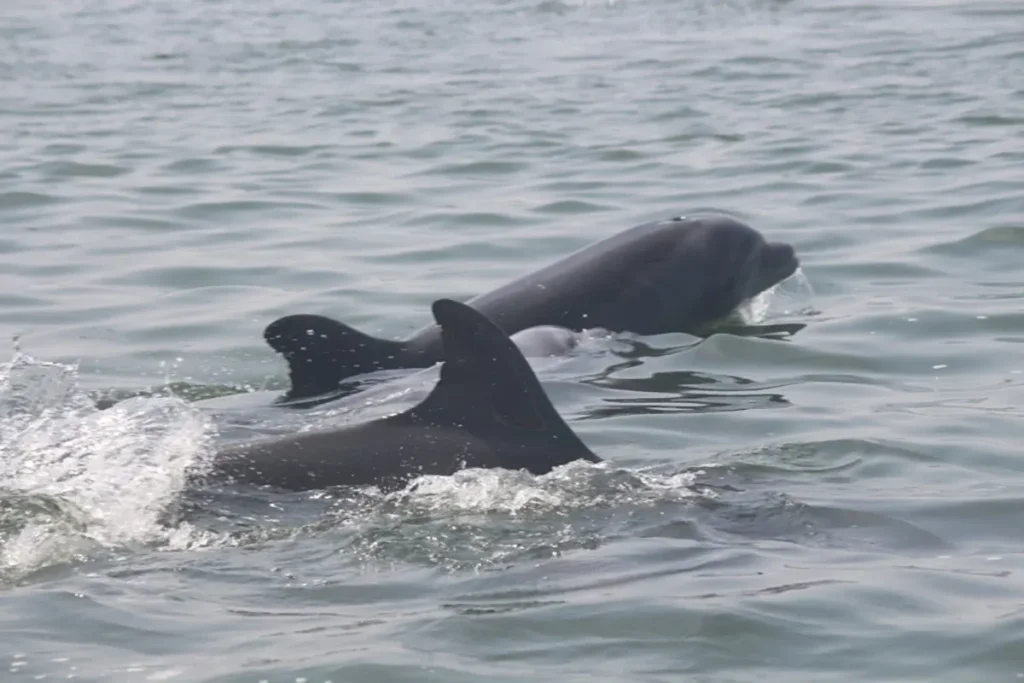
Galapagos Islands
The Galapagos Islands boast a broader range of endemic species, many of which are not found anywhere else in the world.
Highlights include:
Giant Tortoises: These iconic reptiles can live over 100 years. Recently, a ‘extinct’ giant tortoise has been found in the Galapagos!
An adult female Chelonoidis phantasticus, not seen for over 110 years, was discovered on Fernandina Island by a team from the Galapagos National Park and the Galapagos Conservancy.
Marine Iguanas: The only sea-going lizards in the world.
Blue-Footed Boobies: Famous for their distinctive blue feet and courtship dances.
Galapagos Penguins: The only penguins living north of the equator.
Darwin’s Finches: Thirteen species that helped Charles Darwin formulate his theory of natural selection.

Activities
Whether you prefer relaxing boat tours or adventurous hikes, both the Ballestas and Galapagos Islands offer a range of activities. Let’s dive into the various activities available at each location.
Ballestas Islands
Most tours to the Ballestas Islands are boat-based and typically last around two hours. Activities include:
Bird Watching: Ideal for ornithologists and casual bird lovers alike.
Marine Mammal Spotting: Sea lions and dolphins are common sights.
Photography: Stunning landscapes and wildlife provide excellent photo opportunities.
Galapagos Islands
The Galapagos Islands offer a wider range of activities, suitable for various interests:
Snorkeling and Diving: Explore underwater worlds teeming with marine life.
Hiking: Trails on different islands offer opportunities to see unique flora and fauna.
Kayaking: Paddle through serene waters and observe wildlife up close.
Guided Tours: Learn about the islands’ natural history from expert guides.
Accessibility and Travel
Travel logistics can significantly influence your trip. Here’s a look at the accessibility and travel considerations for both the Ballestas and Galapagos Islands.
Ballestas Islands
- Proximity: Located close to the mainland, accessible by a short boat ride from Paracas.
- Travel Time: Ideal for day trips, requiring minimal travel time.
- Cost: Generally more affordable, making it a budget-friendly option.
Galapagos Islands
- Proximity: Located far from the mainland, requiring a flight from mainland Ecuador to Baltra or San Cristobal.
- Travel Time: Longer travel time, often necessitating a multi-day or even week-long trip.
- Cost: More expensive due to travel and park fees, but offers a once-in-a-lifetime experience.
Conservation Efforts
Conservation efforts are crucial to maintaining the ecological balance of these islands. Let’s explore the measures taken to preserve the natural beauty of the Ballestas and Galapagos Islands.
Ballestas Islands
The Ballestas Islands are part of the Paracas National Reserve, which helps protect the area’s wildlife and habitats. However, conservation efforts are less intensive compared to the Galapagos.
Galapagos Islands
The Galapagos Islands are a UNESCO World Heritage site with stringent conservation measures in place. The Galapagos National Park and the Charles Darwin Research Station play key roles in preserving the islands’ unique ecosystems and species.
Best Time to Visit
Planning your trip at the right time can enhance your experience. Here’s when you should consider visiting the Ballestas and Galapagos Islands.
Ballestas Islands
- Seasons: Best visited during the Peruvian winter (May to September) when marine life is most active.
- Weather: Cooler temperatures and less chance of rain.
Galapagos Islands
- Seasons: Can be visited year-round, but the best times are December to May (warm season) and June to November (cool season).
- Weather: Varies by season, with warmer waters and clearer skies in the warm season, and more active marine life in the cool season.
Visitor Experience
The overall visitor experience can vary greatly between the two archipelagos. Let’s look at what you can expect in terms of tour duration, crowd levels, and facilities.
Ballestas Islands
Tour Duration
Most tours to the Ballestas Islands last about two hours. These tours are typically boat-based, offering a quick and convenient way to explore the islands without needing extensive planning or preparation.
Crowds
The Ballestas Islands are a popular destination, but they do not see the same level of tourist traffic as the Galapagos. This can make for a more relaxed and less crowded experience.
Facilities
There are limited facilities on the Ballestas Islands themselves, as they are primarily a wildlife reserve. However, nearby Paracas offers a range of accommodations, restaurants, and amenities.
Galapagos Islands
Tour Duration
Tours in the Galapagos can range from one-day excursions to week-long cruises, offering more flexibility in how you choose to explore the archipelago.
Crowds
The Galapagos Islands attract tourists from all over the world, making some areas quite busy, especially during peak seasons. However, the number of visitors is carefully managed to preserve the environment.
Facilities
The Galapagos Islands have more developed facilities compared to the Ballestas. Visitors can find a range of accommodations, from budget hostels to luxury resorts, as well as dining options and other amenities.
Historical and Cultural Significance
Both the Ballestas and Galapagos Islands have rich historical and cultural significance. Here’s a look at the unique heritage each location offers.
Ballestas Islands
The Ballestas Islands have a rich cultural history tied to the Paracas culture, an ancient Andean society known for its advanced textiles and ceramics. The nearby Paracas Candelabra geoglyph, a large-scale ancient symbol carved into the hillside, is a significant archaeological and cultural site that adds to the allure of the region.
Galapagos Islands
The Galapagos Islands hold a unique place in scientific history due to Charles Darwin’s visit in 1835. His observations of the islands’ diverse wildlife contributed to the development of his groundbreaking theory of natural selection. This scientific heritage makes the Galapagos a destination of immense historical and educational value.
Comparative Costs
Understanding the costs associated with each destination can help you plan your budget accordingly. Here’s a comparative look at the costs of visiting the Ballestas and Galapagos Islands.
Ballestas Islands
- Tours: A typical boat tour to the Ballestas Islands costs around $20-$30.
- Accommodation: Budget-friendly options are available in Paracas, ranging from $30-$100 per night.
- Meals: Dining in Paracas is generally affordable, with meals costing between $10-$20.
Galapagos Islands
- Tours: Guided tours and cruises can vary widely in cost, from $200 for day trips to several thousand dollars for multi-day cruises.
- Accommodation: Options range from budget hostels ($50-$100 per night) to high-end resorts ($200+ per night).
- Meals: Dining in the Galapagos is more expensive than on the mainland, with meals costing between $15-$50.
Environmental Impact
Tourism has an impact on the environment, and both destinations have measures in place to mitigate this. Let’s explore the environmental impact and efforts at each location.
Ballestas Islands
Tourism to the Ballestas Islands is managed to minimize environmental impact, but increased visitor numbers can still pose risks to wildlife.
Efforts are ongoing to balance tourism with conservation to protect the delicate ecosystems.
Galapagos Islands
The Galapagos Islands have more rigorous environmental protections in place.
Visitor numbers are strictly controlled, and eco-friendly practices are enforced to reduce human impact. The Galapagos National Park and Marine Reserve are actively involved in conservation and education efforts to preserve the islands’ natural beauty.
So, Which One is Better? It Depends..
Choosing between the Ballestas Islands and the Galapagos Islands depends on your budget, travel preferences, and wildlife interests.
For Budget Travelers: The Ballestas Islands offer a cost-effective yet rewarding wildlife experience, perfect for those with limited time and resources.
For Unique Wildlife: The Galapagos Islands provide unparalleled opportunities to see species found nowhere else on Earth, making it a must-visit for avid naturalists and wildlife enthusiasts.
For Cultural Enthusiasts: Both destinations offer rich historical and cultural experiences, with the Paracas culture near the Ballestas Islands and the scientific legacy of the Galapagos.
Both destinations offer incredible natural beauty and unforgettable wildlife encounters, making either choice a win for nature lovers.
If you’re intrigued by destinations that offer experiences similar to the Galapagos Islands, be sure to explore our article on 10 Amazing Alternatives to the Galapagos Islands.
Discover spectacular places like Komodo Island, where you can witness the legendary Komodo dragon, and Raja Ampat, renowned for its stunning marine biodiversity. These alternatives provide equally thrilling adventures and unforgettable landscapes.










